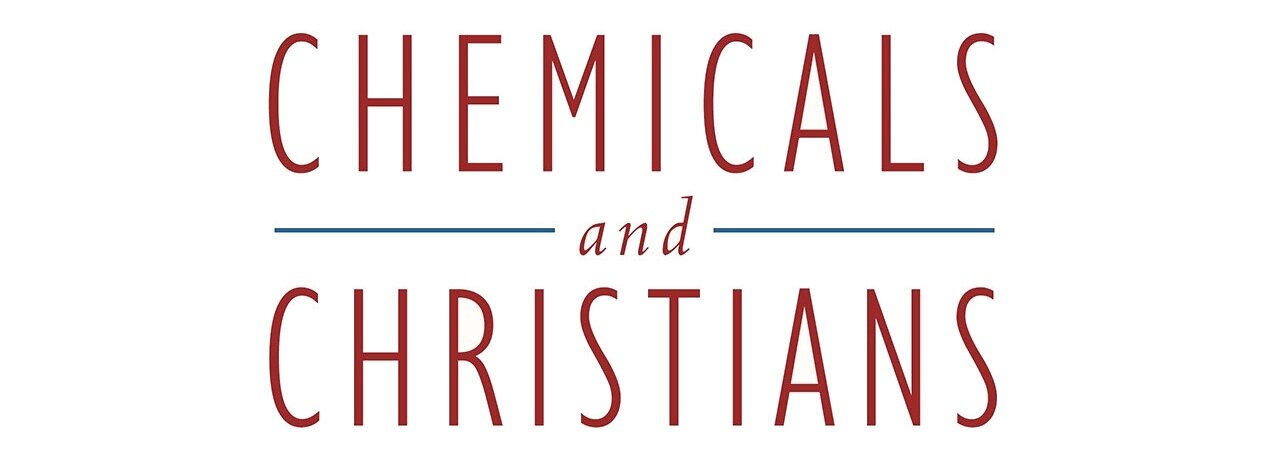It's surprising to many people (it certainly was to me) to learn how many products make it to our store shelves without being tested for safety. I always assumed that either the EPA (Environmental Protection Agency) or the FDA (Food and Drug Administration) was in charge of regulating such things as personal care and cleaning products. Nope.
The government's own FDA website has a page entitled What FDA Doesn't Regulate. Here's what they have to say about "consumer products":
"The agency has no jurisdiction over many household goods. The Consumer Product Safety Commission (CPSC) is responsible for ensuring the safety of consumer goods such as household appliances (excluding those that emit radiation), paint, child-resistant packages, and baby toys."
See some things left out? How about the EPA? They say this:
"EPA has no authority to regulate household products (or any other aspect of indoor air quality). . . .Even if we had authority to regulate indoor air quality, it would be difficult to regulate household (or other) products because we have no authority to collect information on the chemical content of products in the marketplace (nor does any Federal Agency)."
If governmental agencies don't have the authority to protect us from toxins in common products, our choices are to either trust the manufacturers or do our own homework. This is more challenging than you might think, due to inadequate labeling laws (a topic I'll probably address in a future post), but is still both possible and necessary. Some basic Christian principles include taking care of our bodies (1 Corinthians 6:19-20) and loving our neighbors as ourselves (Matthew 22:39). Knowing whether the products we use are toxic to ourselves and those around us is part of that.
Yes, it's a pain. Yes, it's easier to just buy what's cheap or what removes stains with the least effort. But doing our homework on this issue matters. It matters a lot.


